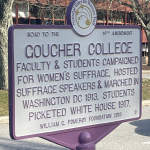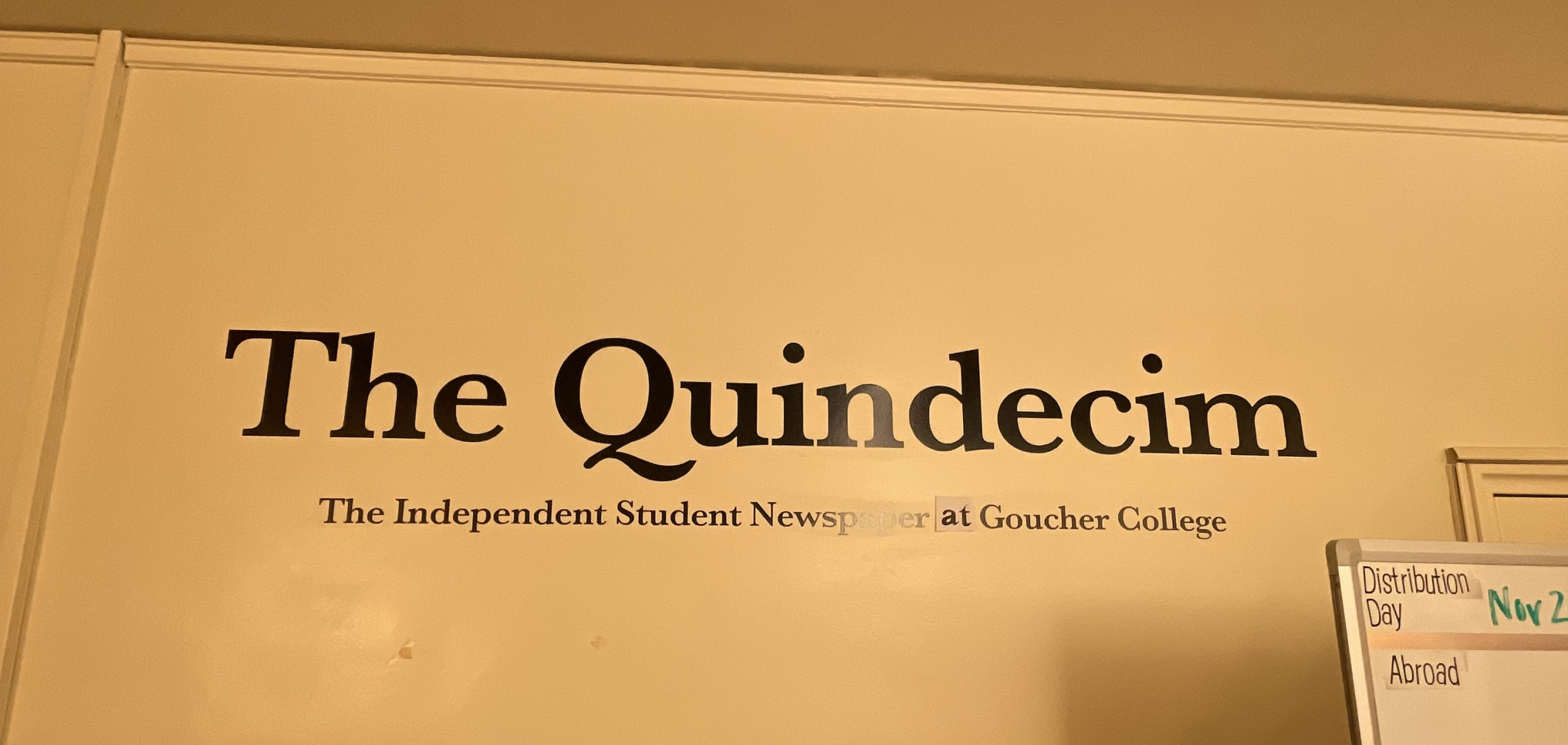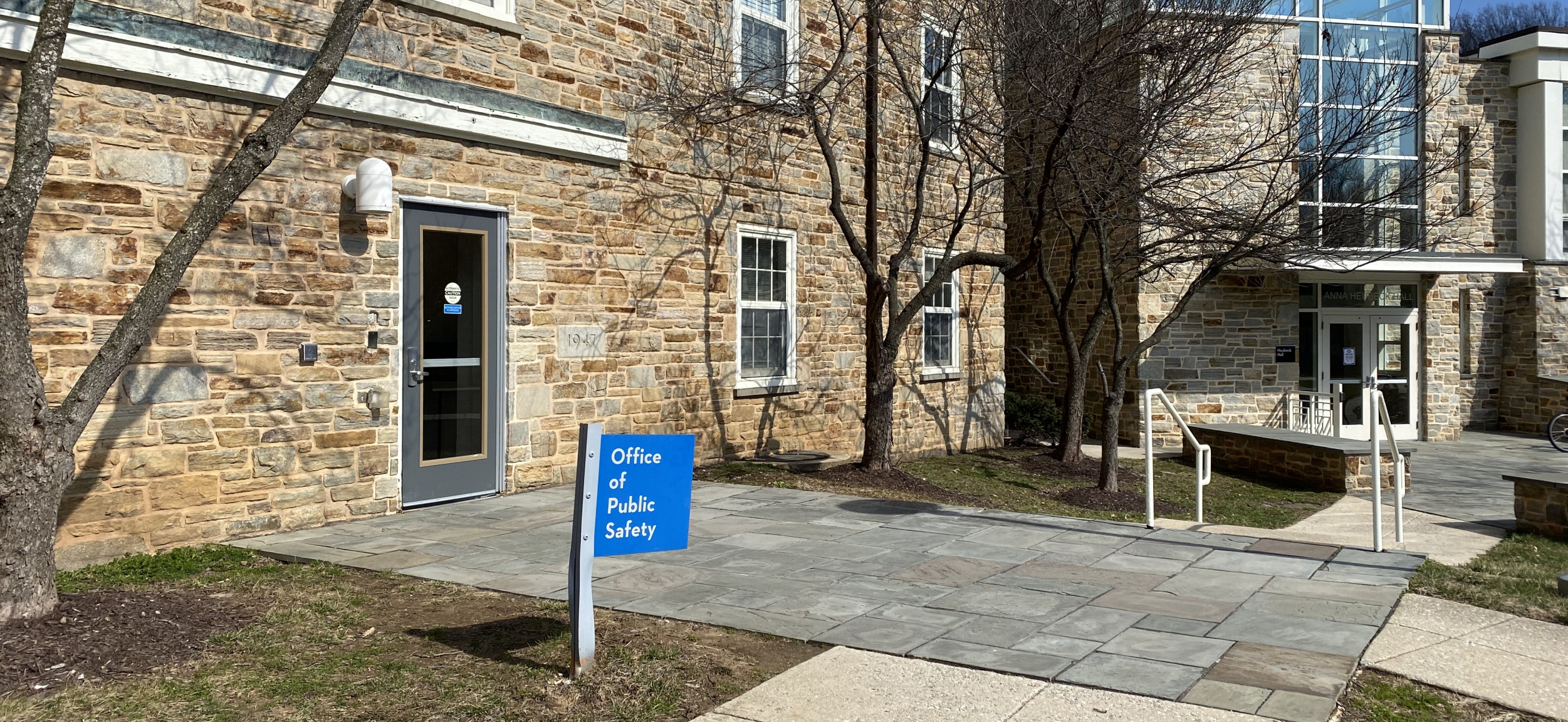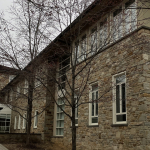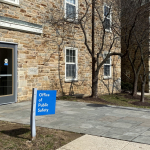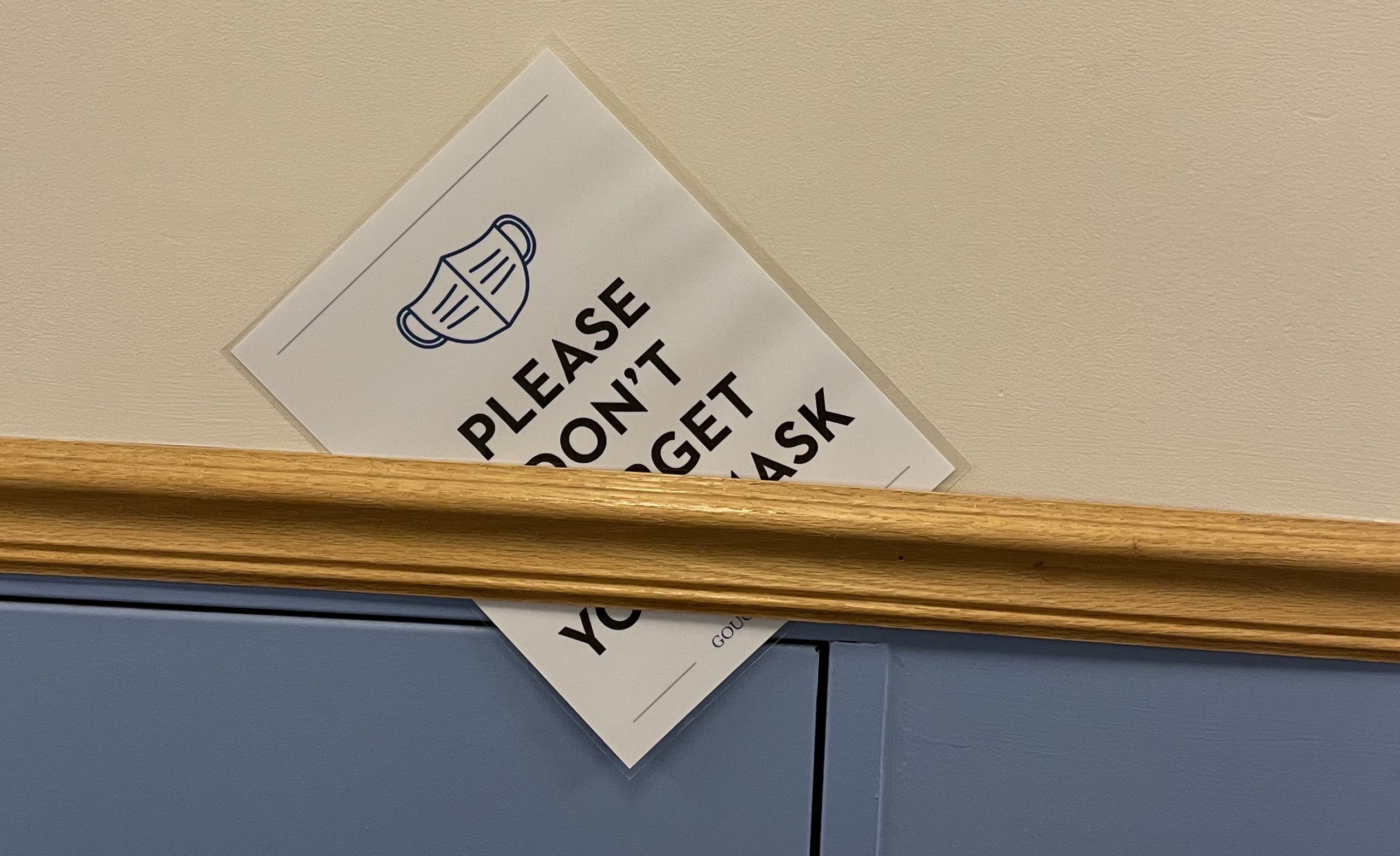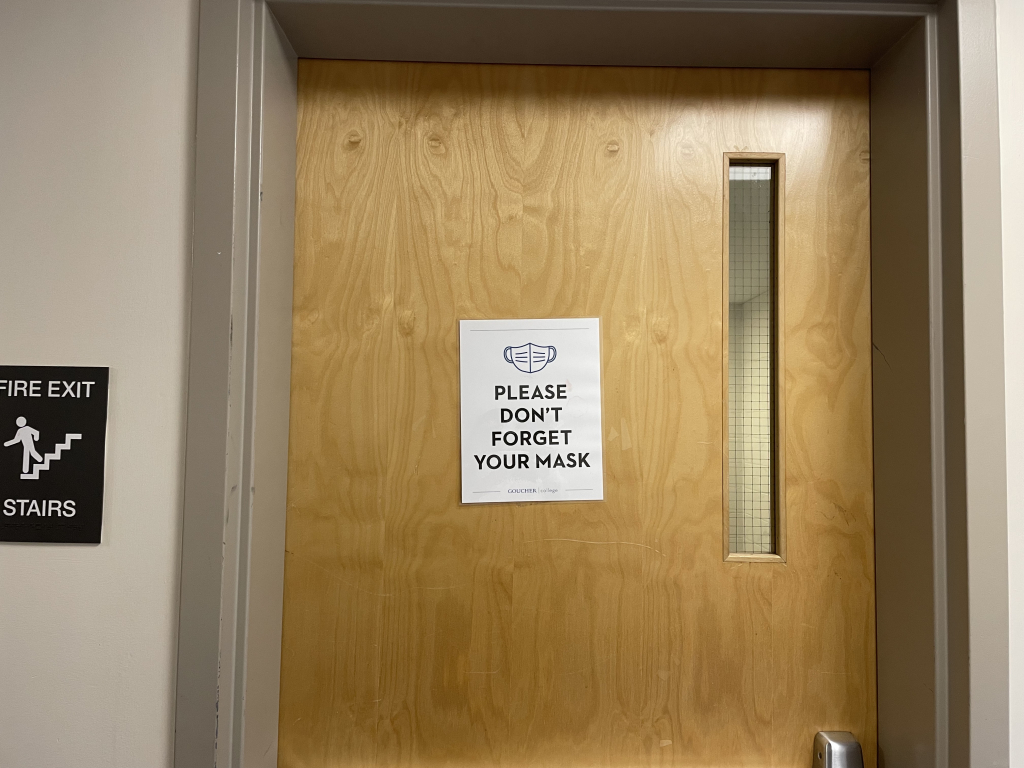Getting To Know Towson!
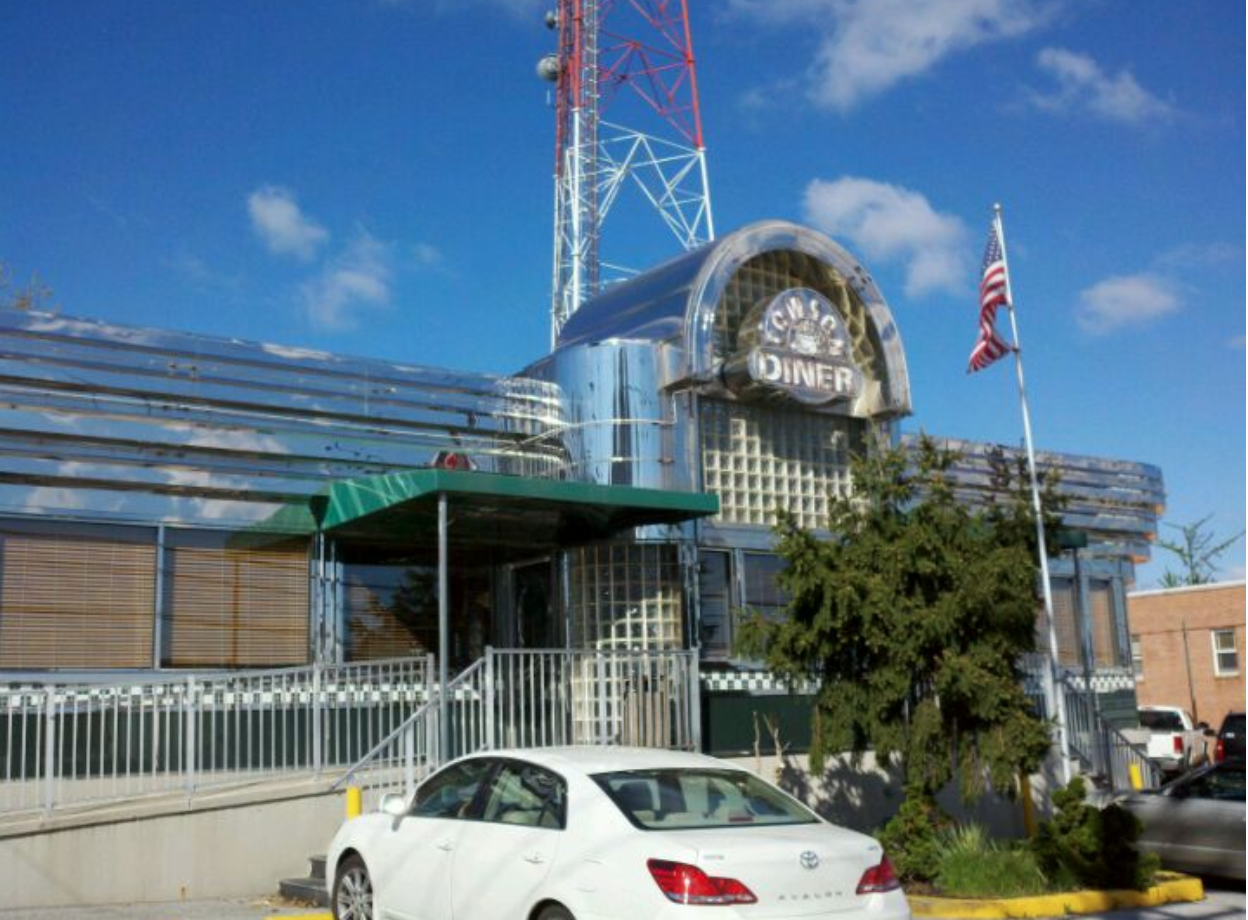
While headed up York road, you may be wondering if there’s any place worth stopping for. Well, if you’re driving along past the Tropical Smoothie Cafe or the Snow Cloud Bubble Tea shop, you’ll spot a quaint looking diner with a parking lot that’ll usually range from relatively busy to completely packed, especially if you go on a weekend. This is the aptly named Towson Diner, open since 1957, 7 days a week, from 7 am to 9 pm.
The diner specializes in American-Greek comfort food, serving up classics like silver dollar pancakes while also delivering amazing Greek dishes like spanakopita or souvlaki platters. They also have sections in their menu dedicated to seafood, chicken, and pasta dishes. However, what they’re most known for is their all day breakfast and their specialty burgers, which pairs nicely with one of their house crafted shakes, or if you’re over 21, a cozy cocktail.
I’ve eaten there several times, and I have my fair share of recommendations. This diner has crispy mozzarella sticks that don’t skimp on the marinara sauce. The piña coladas are light and creamy without tasting too citrusy or boozy, though that isn’t to say they’re light on the spirits. Of their many milkshakes, I always go for the Caramel Brownie Explosion, which is thick and has the perfect brownie to chocolate milkshake ratio. My friends always get their Love Potion – a chocolate shake with nutella and strawberry syrups mixed in.
For my meal, I often end up ordering either their belgian waffle or french toast bites – both come with strawberries and whipped cream. Although if you get the french toast bites, be ready to conquer a beastly feast, as these are probably intended to be shared with a table. If you’re more in the mood for burgers, though, their Godfather (with mozzarella and tomato sauce), California (which adds a sriracha aioli and avocado), All-American (which doubles the patties and adds bacon and mayo), or Steakhouse style (with blue cheese, bacon, and fried onions) are the go-to. Or if you’re feeling picky, you can always build your own burger.

Prices for food items usually range from 8.99 to around 29.99, depending on if you want a simple item like their breakfast sandwiches, or a full dinner entree like their flounder francaise. Shakes are 8.99, and the cocktails range from 8.50 to 9.25, so if you don’t want to pay that much for a drink, perhaps consider a coffee or hot chocolate instead, which is much more affordable at 2.99.
The service and waitstaff are incredibly polite, and are very accommodating to your dietary needs. Although, currently they have been short-staffed, so please be patient, especially during the weekends, as that’s when they’re most busy with the brunch rush.
Overall, this is a lovely place when you’re in the mood to escape campus, get a good bite to eat, be cozy on a lazy weekend, and/or spend time with your close friends. With a range of prices to cover everyone’s budget, and a variety of good eats, if you’re wanting to know Towson, you’re going to want to start here.
By Katelyn Krapf ’24





